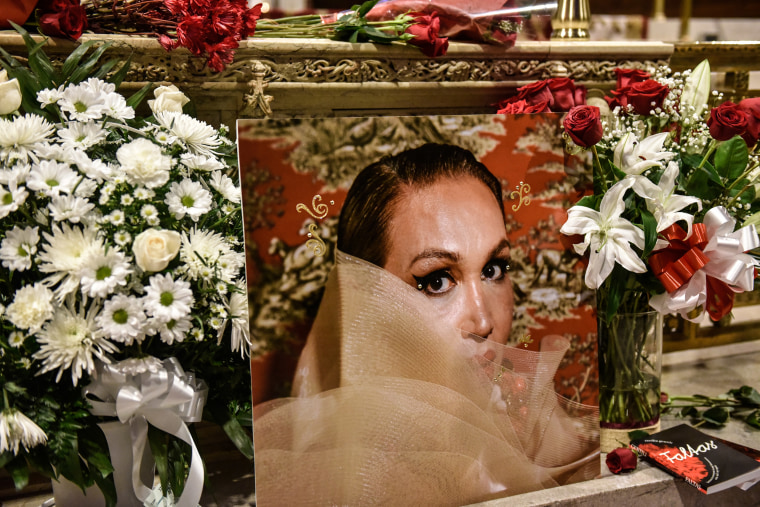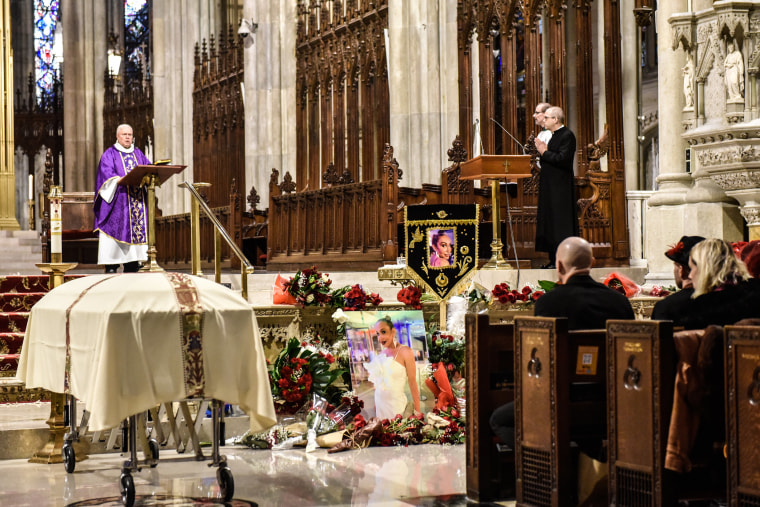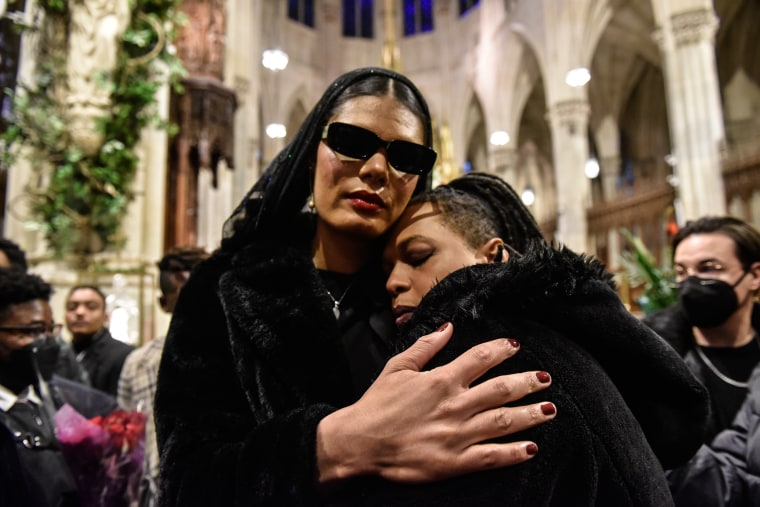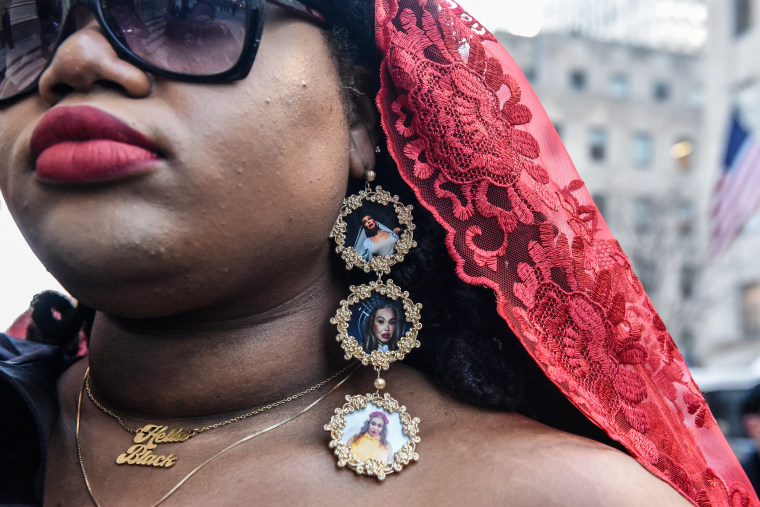Families are often left to balance the health risks against the opportunities football provides.
By Torrence Banks, Andrew Chodes /
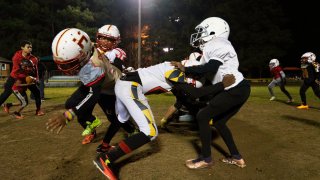
Tackle football offers children as young as 5 the chance to make friends, learn teamwork, maybe attract a college scholarship. Growing research shows it also can cause injuries that damage developing brains.
That leaves families to balance the risks against the opportunities.
Many are opting out. Participation in youth tackle football has been declining for years. But especially in communities of color, tackle football’s lure remains strong and the balance tips toward opportunity, a four-month investigation by The Shirley Povich Center for Sports Journalism and the Howard Center for Investigative Journalism at the University of Maryland has found.
A nationwide Ipsos poll commissioned by the centers found:
— Black parents are more likely than white parents, by substantial margins, to believe that youth tackle football could lead to a college scholarship or an NFL career. Hispanic parents are also far more likely than white parents to see college scholarships and pro careers as a potential benefit of youth football.
— Nearly one in four Black parents said the appropriate age for children to start playing tackle football is 9 years old or younger. Only 14% of white parents said children should start at age 9 or younger.
Terrence Byrd is the president of Maryland Heat, a youth tackle program that suits up primarily Black boys as young as 5 in pads and helmets. He said he knows injuries are possible in tackle football and his coaches train children to play as safely as possible. But he believes the opportunities outweigh the risks.
“I would confidently say that we are changing lives,” Byrd said.
Medical studies over the years have linked head trauma suffered by NFL players to a brain condition called chronic traumatic encephalopathy (CTE), with symptoms including dementia, depression, anxiety and aggression.
Last year, the Boston University CTE Center released a study that said the developing brains of children are at risk for damage from repeated impacts to the head and brain that have been associated with impulsive behaviors and cognitive problems.
The study notes that children who start playing tackle football at an early age or participate in the sport for more than 11 years run an increased risk of such impairment.
A child’s brain and head are disproportionately outsized to the rest of the body, especially from ages 5 to 8, and a child’s weak neck cannot brace for a hit – even a hit from falling to the ground – the way an adult’s can, said Dr. Robert Cantu, clinical diagnostics and therapeutics leader of the BU CTE Center and the author of more than 540 scientific articles on neurology and sports medicine.
Not all researchers agree. A recent study of 52 high school athletes found head impacts were not consistently associated with changes in cognitive, emotional or behavioral symptoms. Danielle Ransom, a pediatric neuropsychologist at Johns Hopkins All Children’s Hospital in St. Petersburg, Florida, who worked on the study, said while head trauma contributes to CTE, other factors — including genetics and substance abuse — should also be considered.
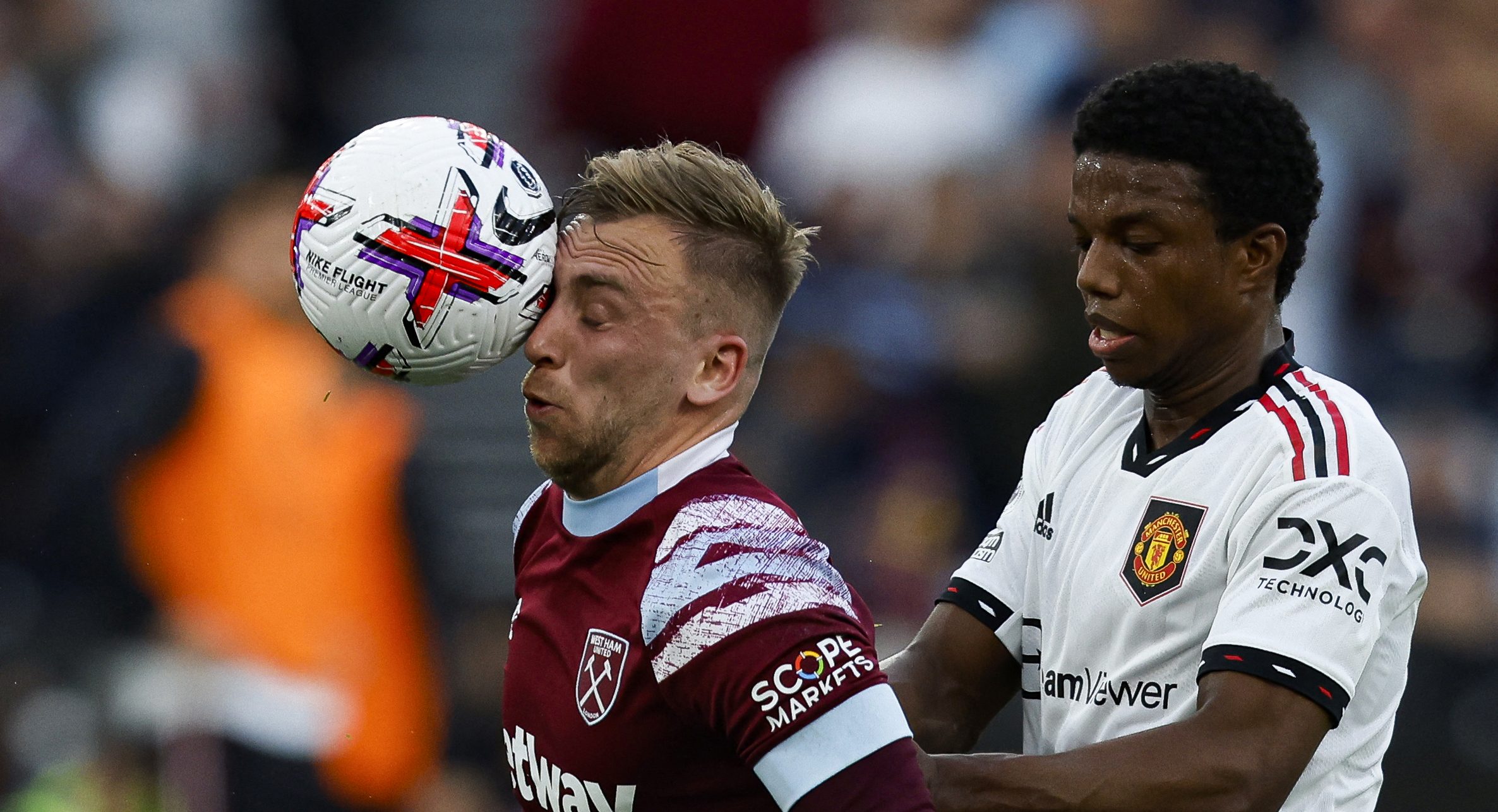
SOCCERMAY 16, 2023
CTE Cases in Soccer Players Raise Fresh Questions About Safety of Heading the Ball
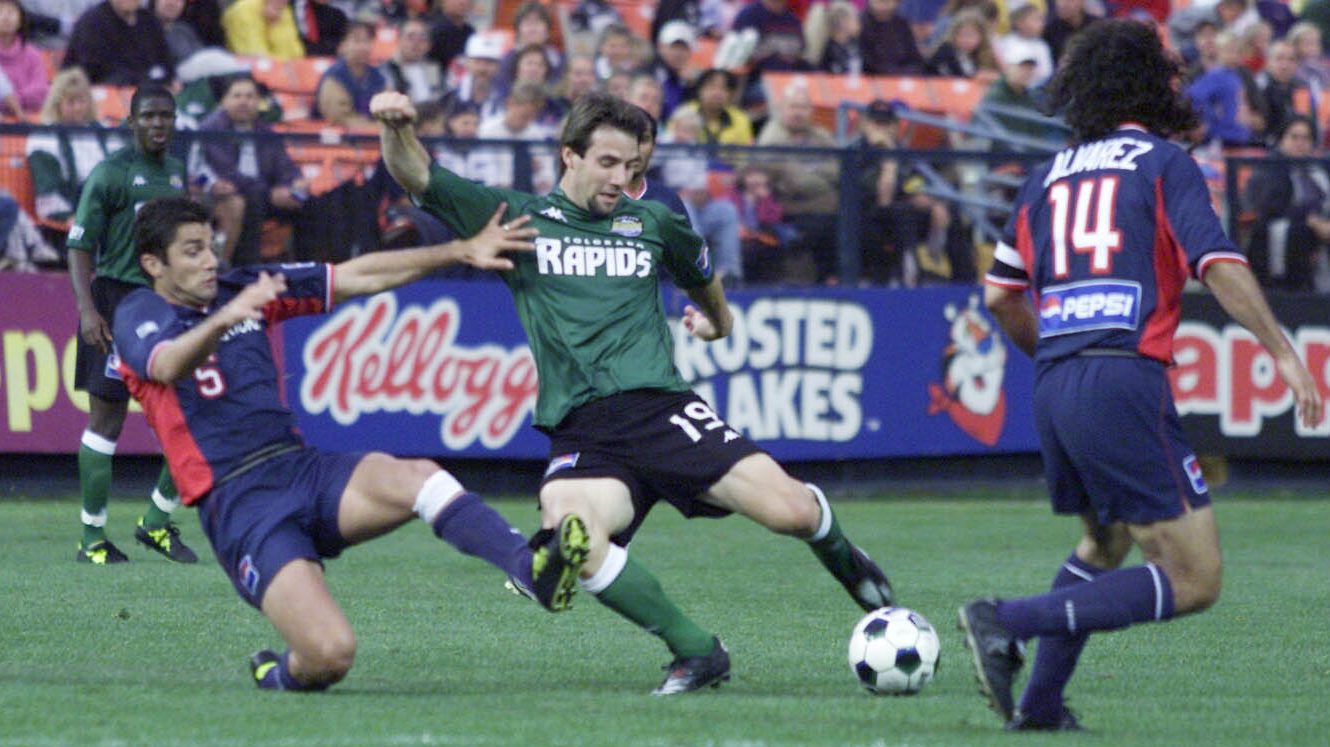
CHRONIC TRAUMATIC ENCEPHALOPATHYJUN 30, 2022
What is CTE and How Often Are Soccer Players Diagnosed With It?
At the University of Maryland, head football coach Michael Locksley said he feels the data is inconclusive and, “from a medical standpoint, the game has been under attack.”
“When you do the research, you can find the answers you want,” he said in an interview. However, “It’s up to us as coaches and football people to figure out how to play it as safely as we can.”
Locksley’s history with football is complicated. In 2017, his son Meiko, who began playing tackle football at 7, died in a shooting at age 25. His parents donated his brain for examination at the Boston University CTE Center. The doctors found that Meiko Locksley showed signs of CTE.
Some parents are opting to enroll their children in leagues that play flag football, which limits contact on the field. Others believe players should not be introduced to tackle football until high school.
But youth tackle leagues remain popular in many parts of the country. “Right now, we have our largest enrollment in tackle football that we’ve had since 2014,’’ said Todd Casey, commissioner of Vienna (Virginia) Youth, Inc. Football.
In Fort Washington, Md., Stephanie Rogers was watching her son and his Maryland Heat teammates run through plays last fall. She said the game provides social benefits and opportunities for a better education.
“We have private high schools trying to get these kids in their doors,” she said.
DeMatha Catholic High School in Hyattsville, Md., is one of the private schools that recruits Maryland Heat players. Last year, 19 of DeMatha’s football players signed with Division I and II college football programs.
“You’re now changing the education paradigm for young men” by giving the players experience that can attract scholarships, said Byrd, the Heat’s coach.
Byrd said the risk of injuries exists in all sports. And many of the children in his league face dangers off the field, “whether it’s at risk for taking a shot to the head at a football game, or whether it’s at risk to taking, you know, a shot on the streets.”
Mac Stephens, a former NFL player and coach at Cleveland Heights High School in Ohio, said if Cleveland Heights didn’t offer tackle football before high school, parents would find leagues in other towns for their kids to play in.
Parents believe that “I have to get my son on track to get a college scholarship someday,” he said.
Former NFL player Solomon Brannan acknowledged money motivates parents who are hoping for scholarships. But he said parents would be better off helping their children learn. “You can’t depend on sports,’’ said Brannan, who played in the first Super Bowl. “If you’ve to it upstairs in your head, you’re going to be successful no matter what.’’
At the University of Maryland, Michael Locksley said his wife, Kia, now believes children should not play tackle football before 14. But he disagrees.
Football, he said, “is the closest sport to mimicking life. In football, you get knocked down … and you’ve got to get back up and you’ve got to face it the next play.”
If his grandchildren want to play the game, Locksley said, he will support them.
Torrence Banks and Andrew Chodes reported for the Shirley Povich Center for Sports Journalism and the Howard Center for Investigative Journalism in the Philip Merrill College of Journalism at the University of Maryland.
Copyright AP - Associated Press

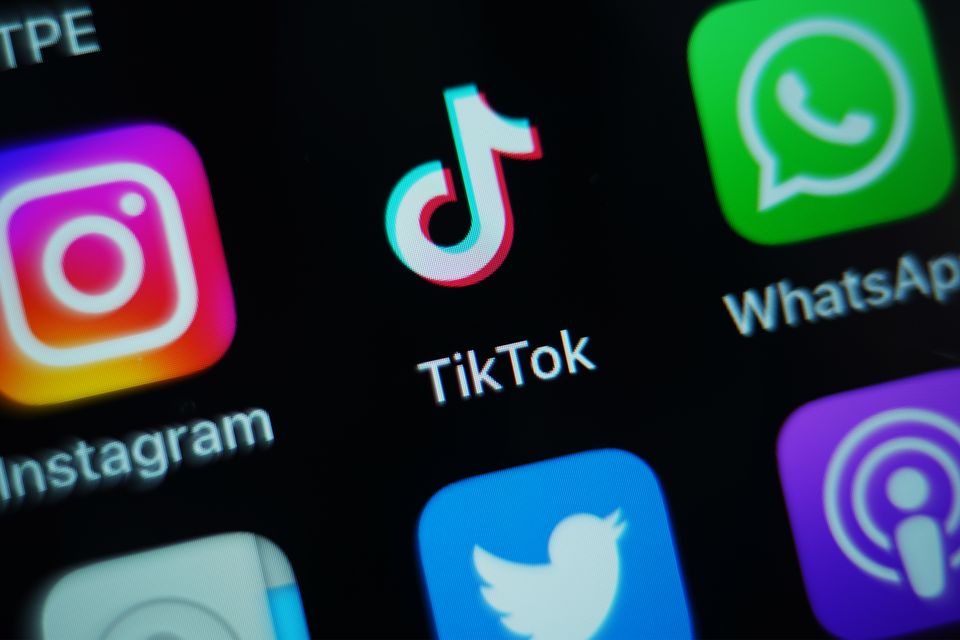
/bnn/media/media_files/7dabc195343d999f0fbc2c41026d1ea57305961af311b935cffe14d42652beaf.jpg)

